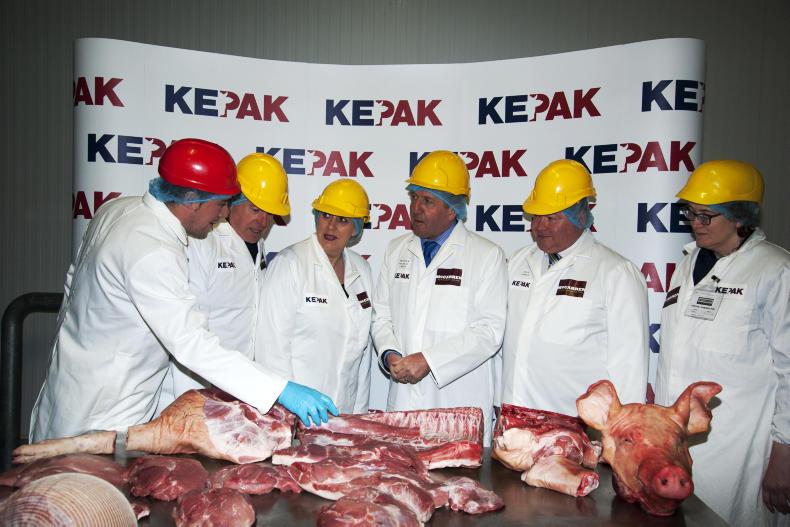As America starts to take a greater interest in trade talks with the European Union (EU), the Irish Farmers Association (IFA) has officially launched its position paper on the trade deal.
The two sides commenced negotiations on the Transatlantic Trade and Investment Partnership (TTIP) in July 2013 and since then eight rounds of talks have taken place both sides of the Atlantic.
TTIP will not happen without agriculture, yet it remains, perhaps, the sector which is generating the most controversy.
Despite proponents of TTIP arguing that the trade deal could be worth billions for farmers both sides of the water, opponents to the deal remain perturbed.
On Tuesday, the IFA announced that it is “broadly in favour of” TTIP but “agriculture must not be sacrificed” in order to get a deal done.
The political dynamic in America remains one of the biggest blocks to progression on TTIP. America is currently negotiating with a block of Asian countries on the Trans Pacific Partnership (TPP) and the will is to have that completed before the end of 2015.
After that, the political focus turns to the presidential election.
It will be only after that that America will begin negotiating in earnest, even though thoughts have turned to TTIP more so in recent weeks.
Does IFA president Eddie Downey have any concerns that a new American president could delay the process even further?
“Potentially, yes. America will pursue all those other trade deals, the (presidential) election is coming up so this could be put on the back-burner, but the worry here is that it will be picked up down the road.
“If and when that happens, then we, as a sector, need to be prepared and have the groundwork done,” Downey said.
“We need to be able to say: ‘This is the line in the sand, this is where agriculture has to stay.” And that’s why this is happening now,” Downey added.
EU Trade Commissioner Cecilia Malmstrom will visit Ireland on Friday to hold meetings with various stakeholders, including the IFA, on TTIP.
Downey said he will “make IFA’s feelings clear” to the Commissioner at that meeting. It is difficult to put a timeframe around when a trade deal would be finalised. Trade talks move slowly. It has taken eight rounds of talks for the two negotiation teams to swap initial proposition papers and there is no sign in a speeding up of talks.
However, America, following a visit by EU Agriculture Commissioner Phil Hogan to Washington, has started looking closer at TTIP. The US negotiators see the new EU Commission as being easier to deal with than the last Commission.










SHARING OPTIONS